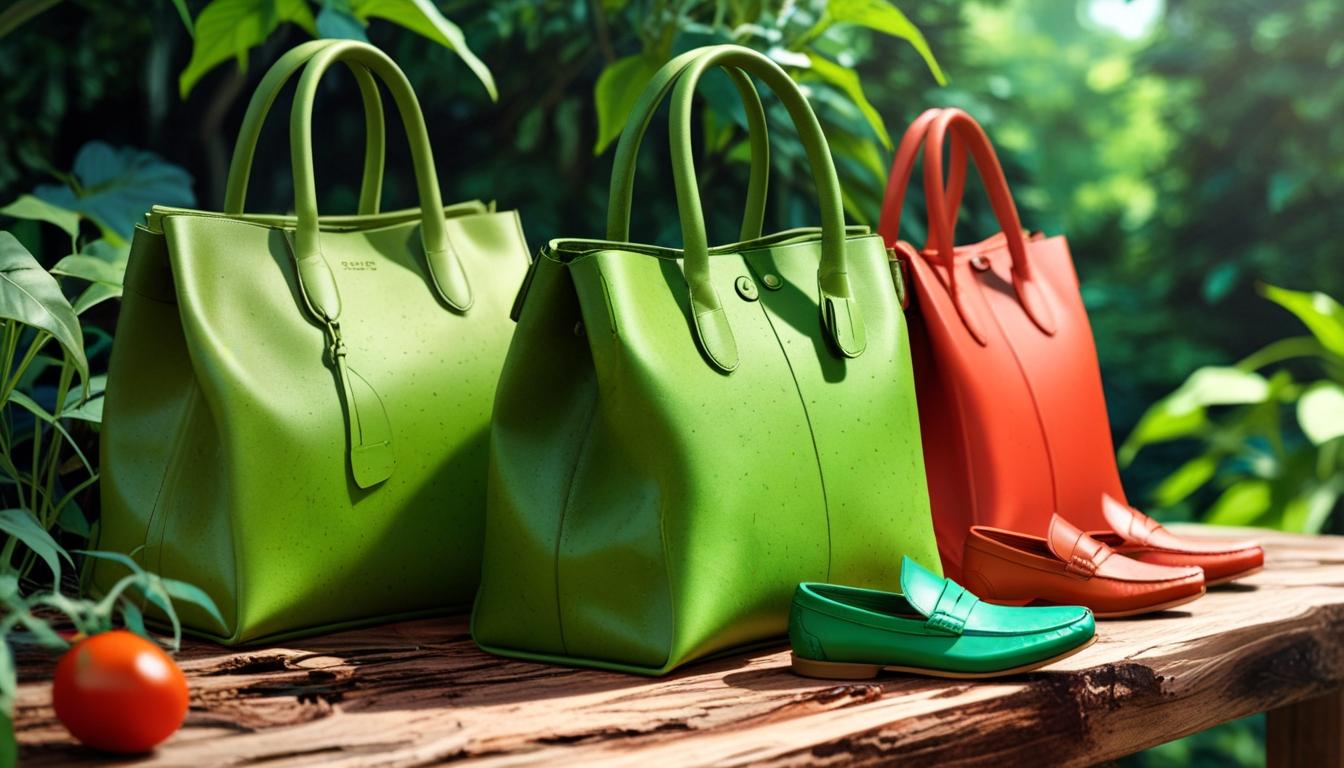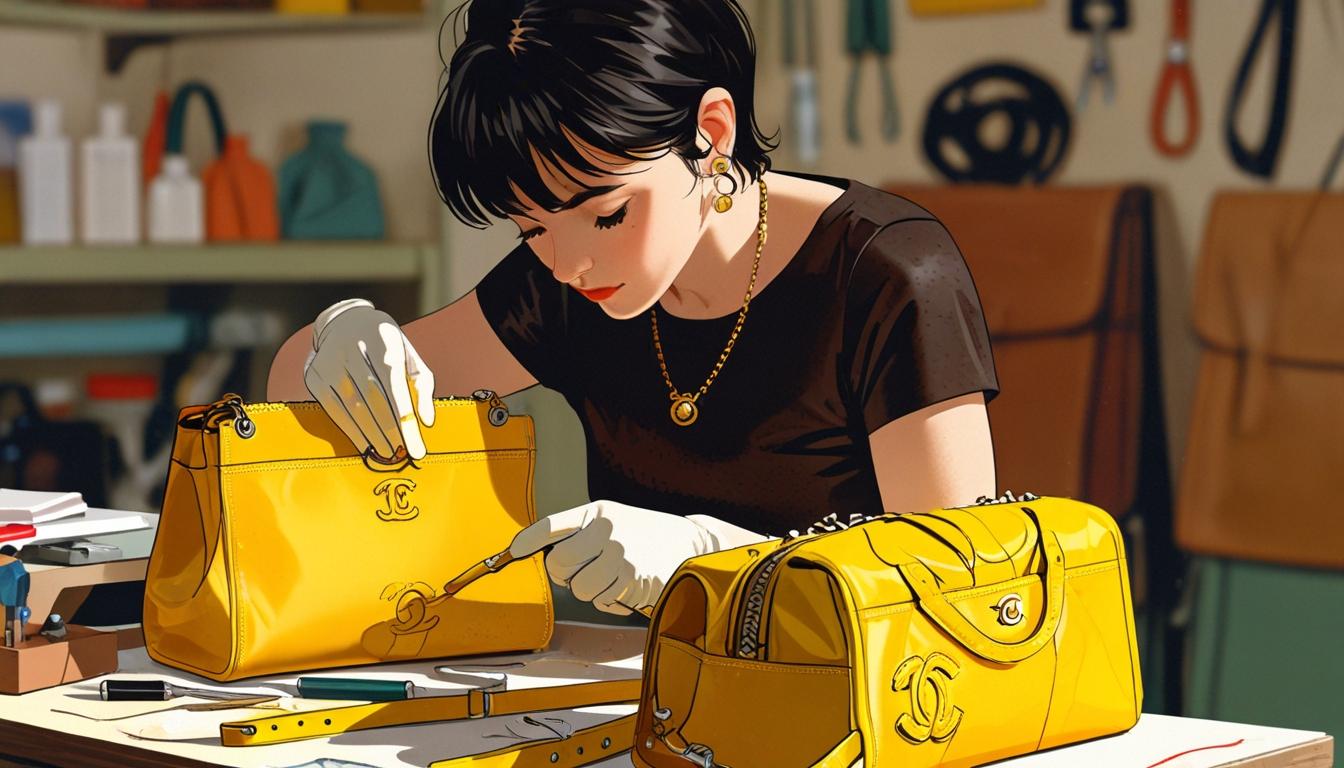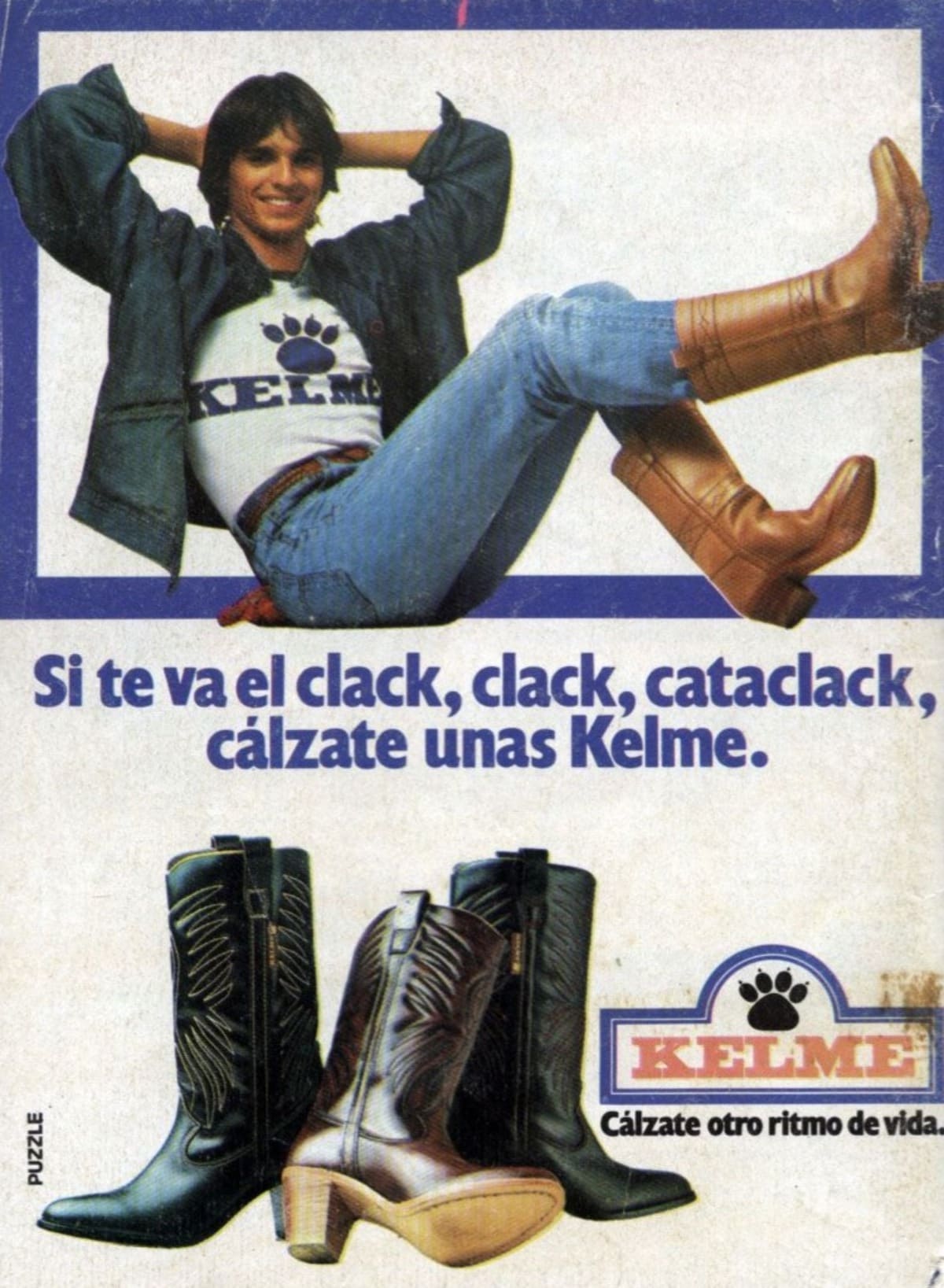An Indian startup, The Bio Company, is creating sustainable fashion by producing bio-leather from tomato waste, offering a cruelty-free alternative to traditional leather.
An innovative startup in India, The Bio Company (TBC), has garnered attention for its unique approach to sustainable fashion by producing bio-leather derived from tomato waste. Founded by 26-year-old entrepreneur Pritesh Mistry, the company aims to provide an environmentally friendly and cruelty-free alternative to traditional leather products, including jackets, bags, and shoes.
Tomatoes, a fundamental ingredient in Indian cuisine, are produced in vast quantities, with India generating approximately 4.4 billion tons annually. However, reports indicate that a staggering 30-35 percent of this harvest goes to waste. TBC has addressed this issue by using surplus tomatoes to create a leather-like material, effectively converting agricultural waste into a valuable resource for the fashion industry.
The production process developed by TBC distinguishes itself from conventional synthetic leathers, which commonly use substances such as polyurethane (PU) or polyvinyl chloride (PVC). Instead, their tomato-based leather employs natural pectin and other organic compounds found in tomatoes, resulting in a durable and sustainable product. This innovation not only offers a stylish alternative to leather but also contributes to waste reduction and environmental conservation.
The Bio Company’s sustainable efforts have not gone unnoticed; in 2021, it received the ‘Best Innovation’ award at the PETA Vegan Fashion Awards, highlighting its commitment to transforming the fashion landscape. The burgeoning interest in bio-leather resonates not just within local markets but has also attracted international attention. Natasha Mangwani, the founder of the Canadian plant-based handbag brand Satuhati, endorsed the product, noting its eco-friendly distinction as “PU/PVC-free and completely plant-based.”
As the demand for sustainable materials surges across various industries, including fashion, accessories, and automotive, TBC is positioned well for future growth. Currently, the company produces approximately 5,000 meters of bio-leather monthly, and the trend toward environmentally responsible products suggests a promising market trajectory in the coming years. While TBC has not publicly disclosed its financial figures, the rising popularity of sustainable fashion indicates a significant opportunity for the startup as it continues to innovate within this emerging sector.
Source: Noah Wire Services




